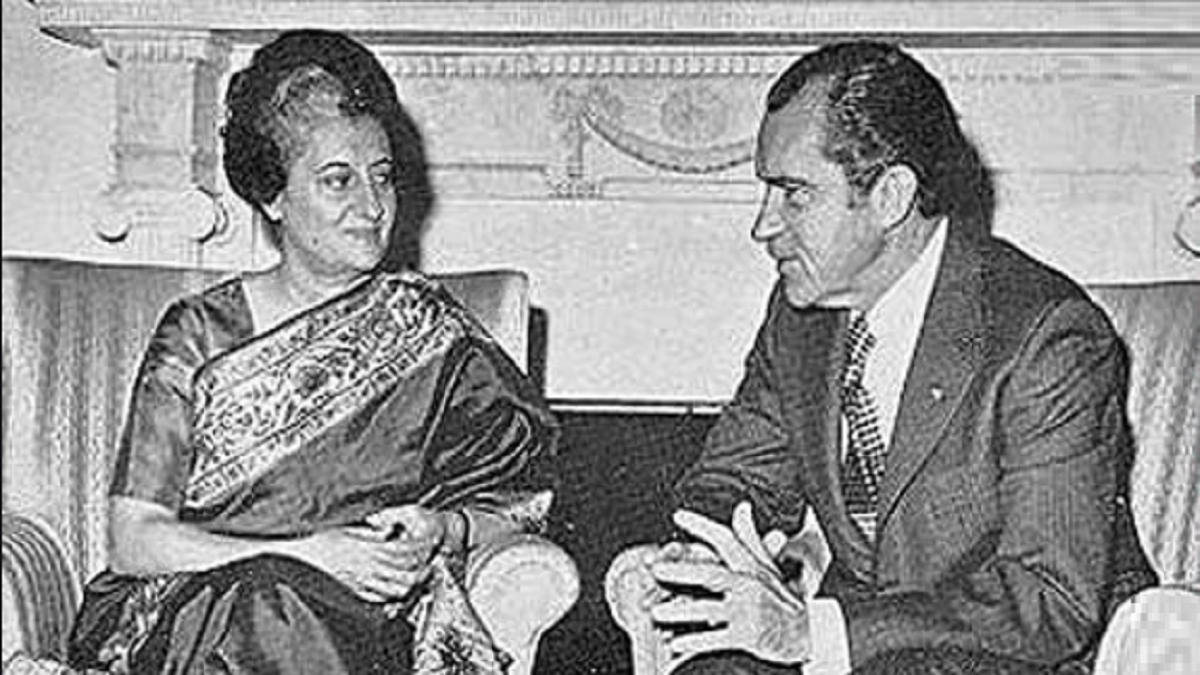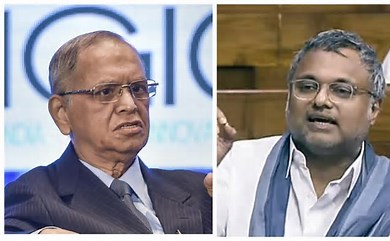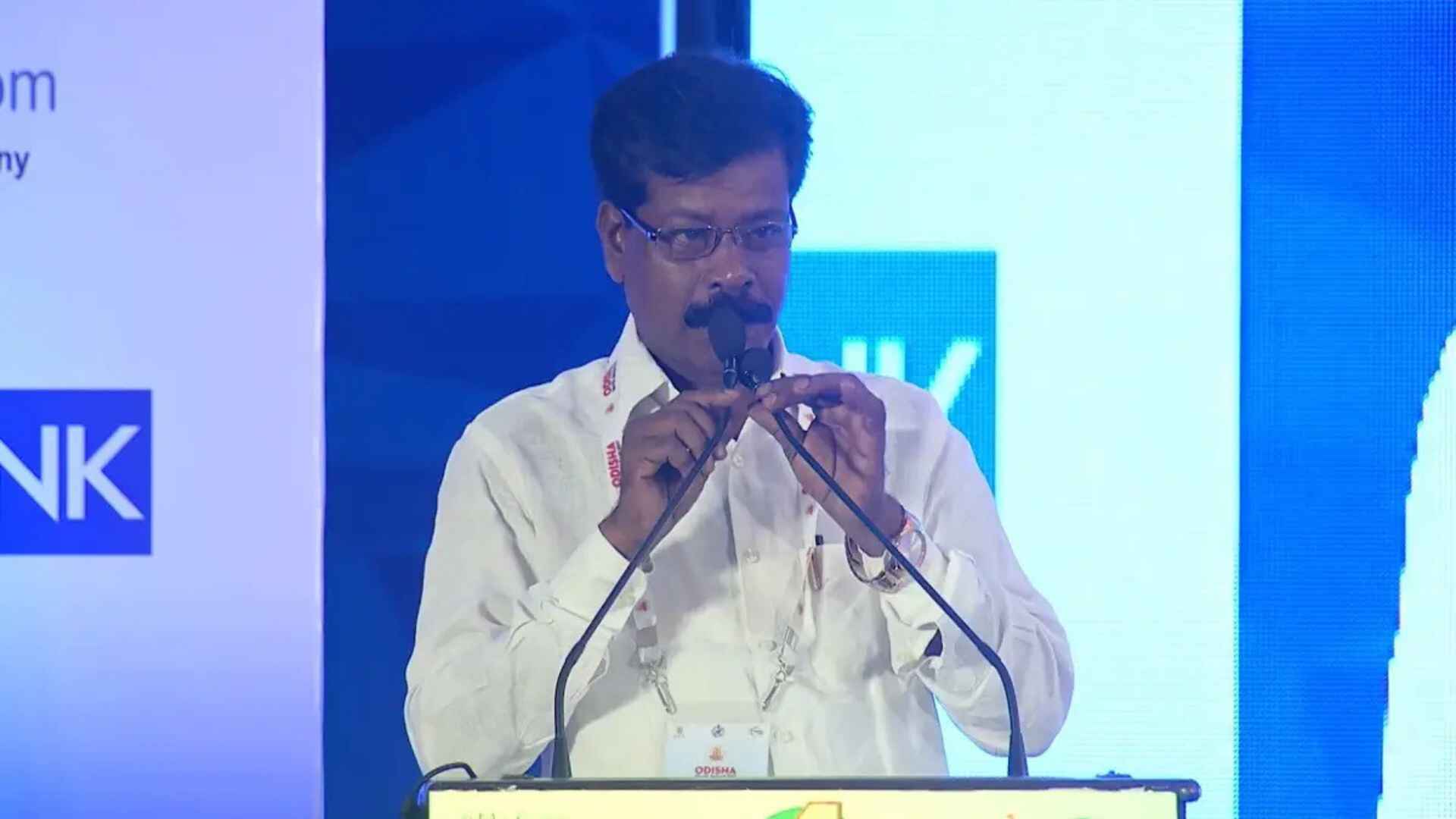India always had love-hate relations with America. Not very long ago, if one admired the United States, they would find themselves being cornered on the high table, especially among intellectuals. Words like neocolonialism, Cuba and Vietnam would start floating in the air. Ironically, most of these high and mighty ones would also send their children to American institutions for higher education and jobs! Incidentally, despite all these ideological jargon and champagne talks, the US had been favourably disposed towards India till the late 1960s. Even when Jawaharlal Nehru would talk disdainfully of Uncle Sam, the latter came to his — and India’s — rescue when our “Chini bhai” knocked on India’s doors in 1962. We would receive food aid from the US and our leaders, in turn, would preach Americans a few ‘hard’ lessons on how not to run the state and the foreign policy!
It all, however, changed with President Richard Nixon who, along with his Secretary of State, Henry Kissinger, colluded with generals and dictators and found democracy a liability in foreign affairs. They preferred Gen. Yahya Khan of Pakistan and Mao of China over Mrs Indira Gandhi of India. Princeton professor, Gary J. Bass, in his 2013 book, The Blood Telegram, revealed how Nixon’s pathological hatred for India, when combined with America’s Cold War calculations, unleashed genocide in East Pakistan. Now, seven years down the line, Bass has come out with recently-accessed tapes, through an article in The New York Times, revealing how Nixon and Kissinger’s hatred was racial, sexist and misogynistic. Many, especially Republican supporters, however, will find the timing suspect as they would believe that through the follies of Nixon and Kissinger, the exercise is aimed at painting the Republicans as a whole in a dark, anti India/Indian colour, especially at a time when both the parties in the US are busy wooing Indian Americans.
So, the tapes show Kissinger not just condemning Indians as “a scavenging people”, but also defending the Pakistanis (who at that time were busy massacring millions of people in East Pakistan) as “fine people” who are “primitive in their mental structure”. Kissinger would go on to say: “They (Pakistanis) just don’t have the subtlety of the Indians.”
But soon the Nixon-Kissinger diatribe against India and Indira took a personal, sexist, misogynistic and racist overtone. On 17 June 1971, Nixon and Kissinger, agitated with Indira’s muscular act on the East Pakistan crisis, called Indian women “sexless”.
“The most sexless, nothing, these people. I mean, people say, what about the Black Africans? Well, you can see something, the vitality there, I mean they have a little animal-like charm, but God, those Indians, ack, pathetic. Uch,” Kissinger said.
On 4 November 1971, during a White House summit with Indira Gandhi, Nixon told Kissinger, “They (Indians) turn me off. How the hell do they turn other people on, Henry? Tell me.” He went on to add, “They turn me off. They are repulsive and it’s just easy to be tough with them.” A week later, on 12 November 1971, at the height of the India-Pakistan tensions, Nixon uttered vehemently, “I don’t know how they (Indian) reproduce!”
Earlier, in June 1971, in a meeting with Kissinger and H.R. Haldeman, the White House chief of staff, Nixon was at his misogynistic best. “Undoubtedly the most unattractive women in the world are the Indian women,” he said.
Even the then US Ambassador to India, Kenneth B. Keating, was not spared of Nixon’s fury when he tried to explain the Pakistani pogrom in what is today Bangladesh. The tapes, Bass says, have a reference to Keating being called “a bastard” when he called Pakistan’s crackdown “almost entirely a matter of genocide”.
Kissinger, as per the tapes, far from sobering Nixon’s utterly flawed perception regarding Indians, was often seen to be encouraging it. At one point, he told Nixon: “They (Indians) are superb flatterers, Mr President. They are masters at flattery. They are masters at subtle flattery. That’s how they survived 600 years. They suck up — their great skill is to suck up to people in key positions.”
History, however, is never a linear progression of events. No doubt, by failing to restrain West Pakistan, the Americans allowed the genocide to unfold in the East. But had the US intervened, Pakistan wouldn’t have bitten dust so humiliatingly, though Bangladesh would still have emerged sooner or later, predominantly because there was hardly anything binding the two Pakistans, except Islam. Here’s the other side of the story which Husain Haqqani tells in his 2013 book, Magnificent Delusions. “American support gave Pakistan a sense of false confidence, which encouraged Pakistani leaders to march into a blunder and then persist with folly. If this had not been the case, Pakistan may have negotiated a settlement with politicians from East Pakistan. But it didn’t,” he writes.
The Nixon-Kissinger saga tells us, in no uncertain terms, that foreign policy should be based on national interest, but not at the cost of distorting the moral, democratic compass. America ignored it with dire consequences — first in East Pakistan and then in Afghanistan a decade later, something which culminated in 9/11. For India, it was a reminder to cut down the ideological overtone in its foreign policy.












